There are two main groups of medications often prescribed for the management of osteoporosis
that can affect your dental treatment options– bisphosphonates (e.g. Fosamax® or Actonel®
taken as a once a week tablet) or denosumab (e.g. Prolia® given as a six-monthly injection).
In a nutshell, these medications can affect the way the bone in your jaw heals after an extraction
or other oral surgery. Whilst the overall risk is low, these medications can lead to a severe
complication in some patients called bisphosphonate related osteonecrosis of the jaw (BRONJ),
which can result in a portion of the jaw bone dying after surgery.
Prior to commencing these medications, you should have a thorough dental examination and
full x-ray screening to determine if there are any dental conditions present that may require
surgery. These conditions are then best addressed prior to commencing these medications.
Once you have commenced these medications, your dentist will explain all of your treatment
options with you should a dental problem arrive. Whilst it is not impossible to have oral surgery
after commencing these medications, it is best to avoid it where possible to avoid the risk of
BRONJ, so often root canal treatment is preferable to a surgical extraction. We always
encourage a strong preventative and proactive approach to dental conditions and will assist you
to avoid problems developing. If a surgical extraction is unavoidable, you will usually be referred
to an oral and maxillofacial surgeon for management
Contact Us
150 Middlefield Rd #101,
Menlo Park, CA, CA, 94025
Email: office@stanfordfamilydental.com
Phone: (650) 328-2072
Working Hours
MON8:00 am - 5:00 pm
TUE8:00 am - 5:00 pm
WED8:00 am - 5:00 pm
THU8:00 am - 5:00 pm
FRIClosed
SATClosed
SUNClosed
